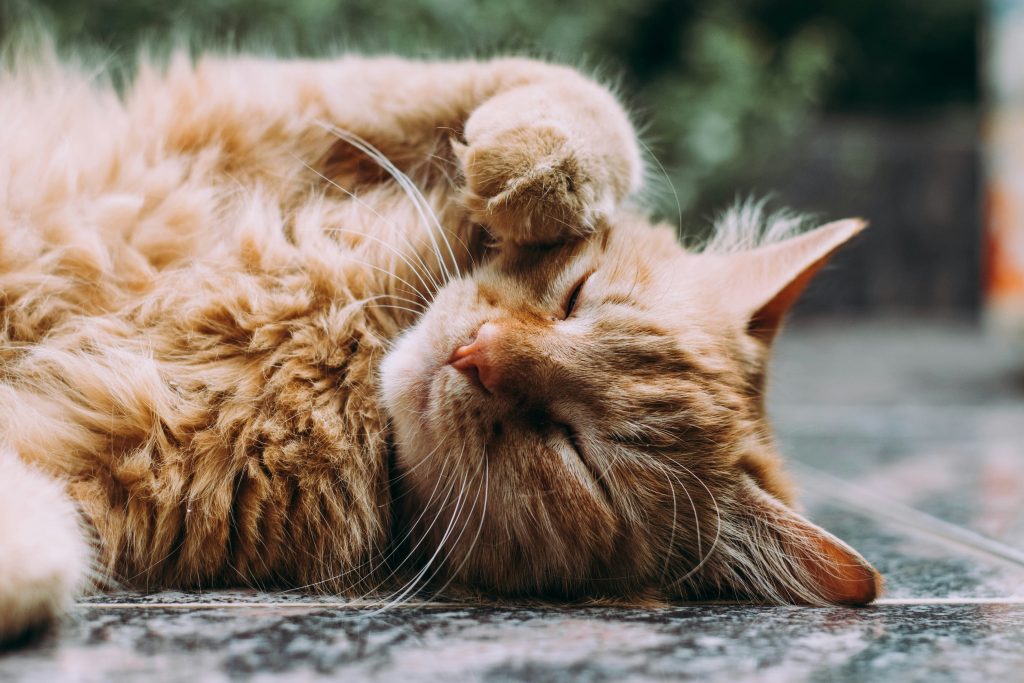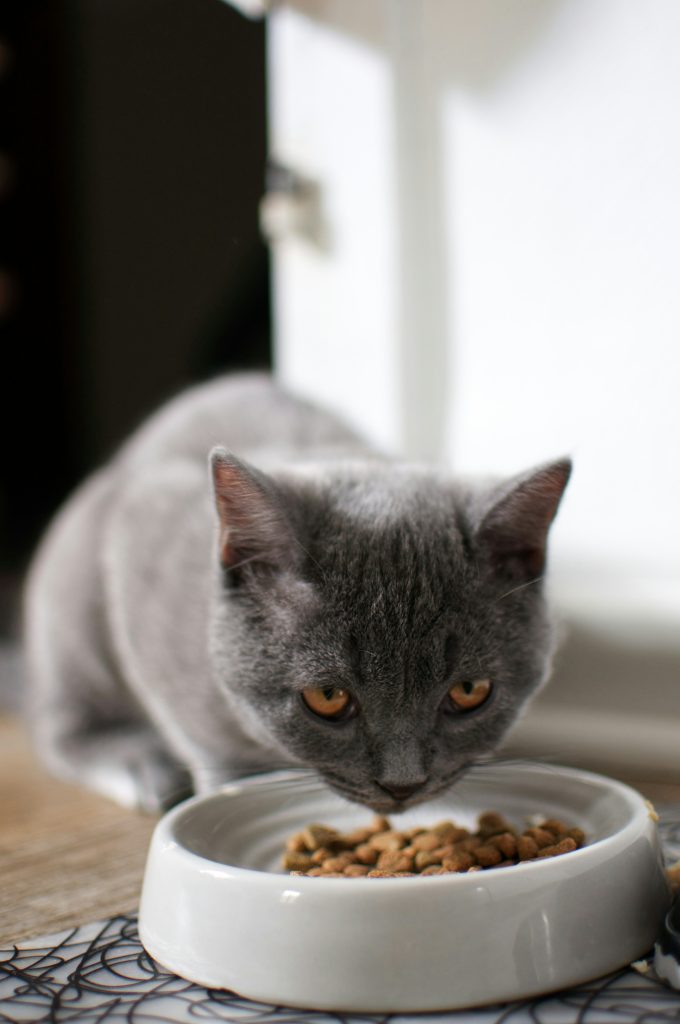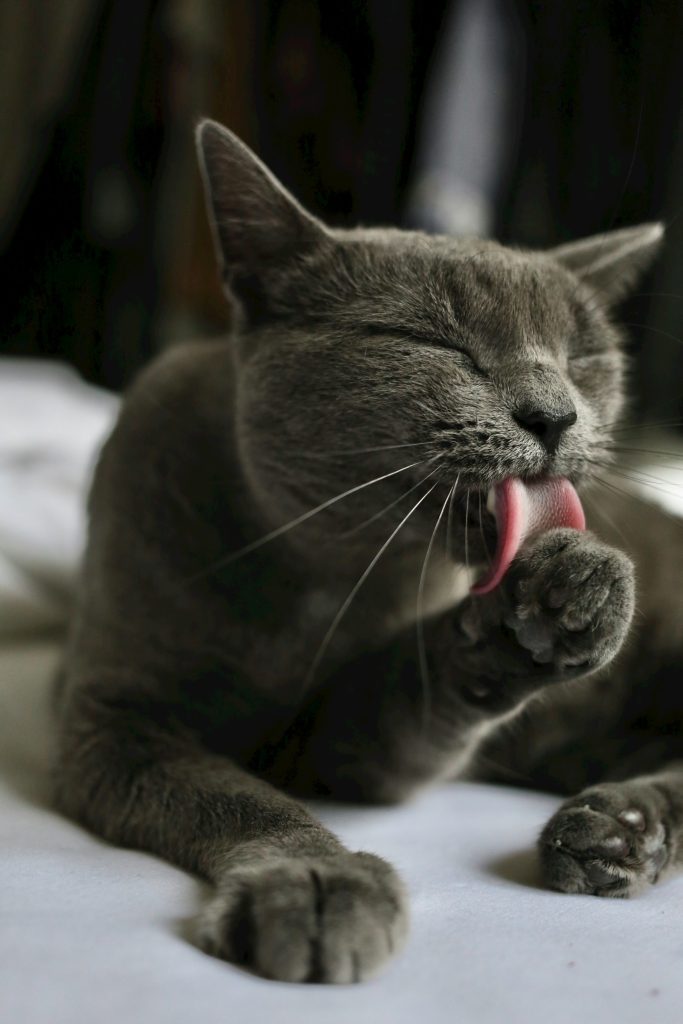Dr. Heather Timmermans
Lead Veterinarian CityVet Addison
Cats are beloved companions known for their independence and mysterious nature. However, despite their self-sufficiency, cats rely on their owners to monitor their health and well-being. Recognizing potential warning signs of health issues is essential for ensuring your feline friend receives timely care and attention.


Cats are creatures of habit, and any sudden changes in their eating habits can indicate underlying health concerns. Whether your cat is eating more or less than usual, it’s essential to pay attention. A decreased appetite could signal dental problems, gastrointestinal issues, or stress, while an increased appetite coupled with weight loss may point to conditions like diabetes or hyperthyroidism.
Cats communicate through their behavior, so alterations in their usual demeanor should not be ignored. If your cat becomes unusually lethargic, aggressive, or withdrawn, it could be a sign of discomfort or illness. Lethargy may indicate pain or underlying health issues, while aggression could be a defensive response to discomfort.
Monitoring your cat’s litter box habits can provide valuable insights into their health. Any changes in urination or defecation patterns should be investigated further. Straining, blood in the urine or feces, diarrhea, or constipation are all signs that warrant veterinary attention. These symptoms may indicate urinary tract issues, digestive disorders, or infections.
Labored breathing or coughing should never be overlooked in cats. Respiratory issues can range from mild infections to more serious conditions like asthma or heart disease. If your cat is struggling to breathe or coughing persistently, it’s crucial to seek veterinary attention immediately. Early intervention can prevent respiratory problems from worsening and improve your cat’s quality of life.
Cats are known for their agility, so any signs of limping or difficulty moving should raise concerns. Joint problems, injuries, or arthritis may cause your cat to move differently or avoid certain activities altogether. Pay attention to whether your cat is reluctant to jump or seems hesitant to engage in their usual playful behavior.
Cats are meticulous groomers, and any changes in their grooming habits could indicate underlying health issues. Excessive grooming, fur pulling, or neglect of grooming altogether may signal skin problems, allergies, or stress. Pay attention to changes in your cat’s coat condition and seek veterinary advice if you notice anything unusual.

Being attuned to your cat’s health is crucial for ensuring their well-being and longevity. By recognizing these six warning signs of potential health issues, you can provide timely care and attention to your feline companion. Regular veterinary check-ups, coupled with attentive observation at home, are essential for maintaining your cat’s health and happiness. Remember, your cat relies on you to be their advocate, so don’t hesitate to seek professional help if you notice any concerning changes in their health or behavior.